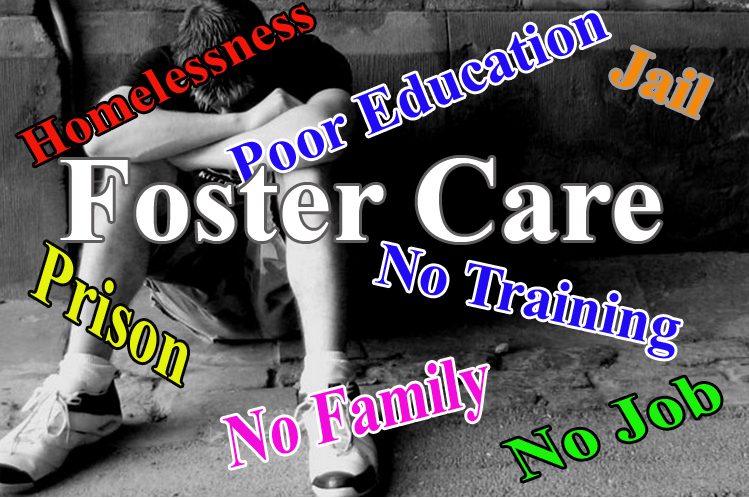JUNEAU – Last week, the House Labor and Commerce Committee advanced House Bill 100, which would create the Alaska Paid Family Leave Plan. The bill’s sponsor, Representative Jennie Armstrong, has noted that many legislators in both the House and Senate are focused on improving the quality of life for families in Alaska and making it one of the best places to raise a family.
“We know that parents are trying their best to juggle work, school, and the costs of childcare,” said Rep. Jennie Armstrong (D-West Anchorage). “Foster parents are trying to help youth get back on their feet and families with elders are struggling with the cost of respite and hospice care. This bill would allow every family to take care of their loved ones, and we do it by simply taking the current unpaid leave law for Alaska and offering it as a paid version to all state workers and then extending that option to the rest of the state.”
HB100 would create eighteen weeks of paid leave for State of Alaska employees at no cost to them. Currently, the State offers only eighteen weeks of unpaid leave.
“Paid leave would play a significant role in helping to recruit and retain state employees,” said Rep. Zack Fields (D-Downtown Anchorage).
Rep. Armstrong explained during the committee presentation that social policies that help families also boost economic competitiveness. In the most competitive labor market in decades, multiple states are advancing and passing paid family leave policies to attract and recruit workers. If the bill were to pass as currently written, it would create one of the most competitive paid leave benefits in the country.
As structured, the bill would also allow private employers, municipalities and other political subdivisions such as school districts to opt into the plan. Individuals would also be able to purchase a plan. This is made possible by a new type of paid family leave insurance, similar to short-term disability insurance. By using the state workforce as a starting point, it creates a pool that the private sector can then simply buy into. Using the state workforce helps ensure the policies are affordable. These policies can easily be administered through payroll by private entities and employers.
When mothers of newborns have access to paid leave, studies show that they are less likely to suffer from postpartum depression, parents and infants have access to follow-up appointments, economic stress in the household is decreased, infant mortality is reduced, and critical neonatal neurological development is improved.
“Paid family leave not only alleviates a financial burden on families, it also makes families healthier and best prepared to lead a productive life,” said Rep. Ashley Carrick (D-West Fairbanks). “Protecting public health is one of my highest priorities and this legislation is a win for both the public and private sector because it creates a powerful tool for recruitment and retention. It’s also a win for our economy by allowing more parents to enter and stay in the workforce. I look forward to continuing my support for HB 100 throughout the legislative process and other pro-health, pro-worker, and pro-business legislation like this.”
Follow the bill’s progress here, or by texting “HB 100” to 559-245-2529.
[content id=”79272″]








